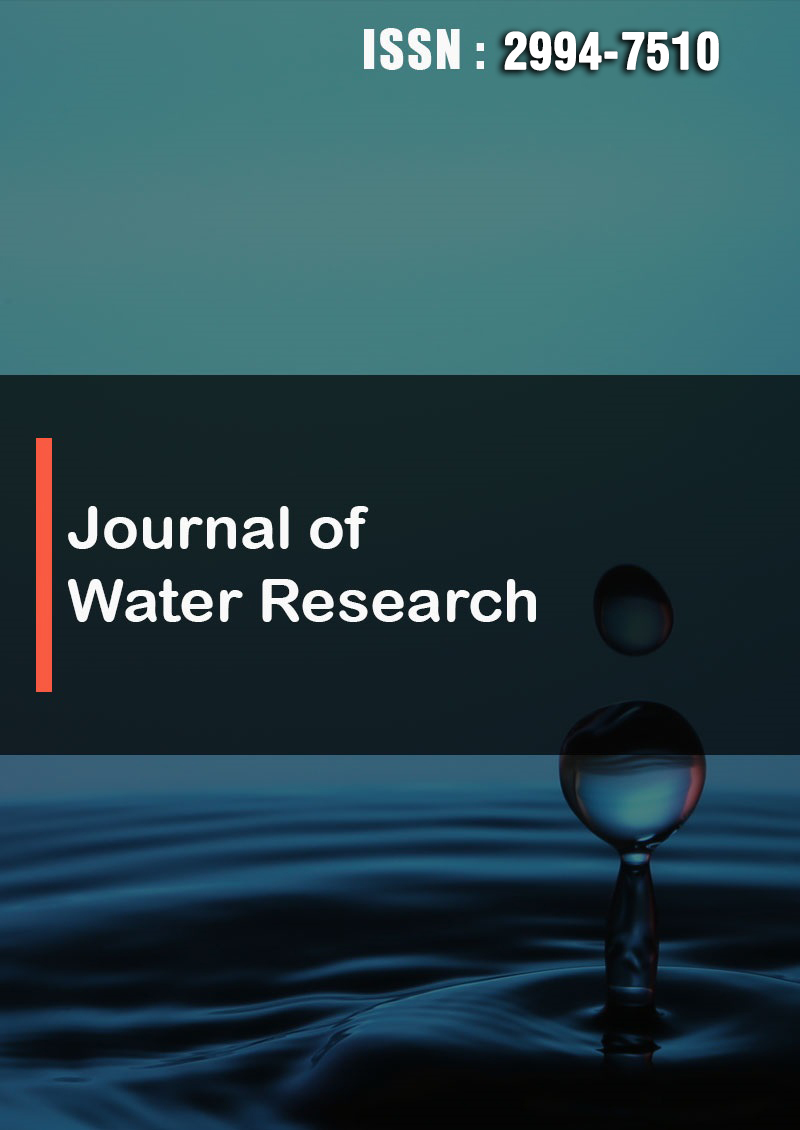Assessing the Effect of Change in Climate and Land Use has on Groundwater Recharge Suitability in the Thiba River Sub Basin, Kenya
Abstract
Abel M. Omanga, Arthur W. Sichangi, Godfrey O. Makokha and Ruth N. Waswa
Groundwater recharge Suitability (GWRS) mapping is a critical step towards planning for groundwater management and development. This study sought to assess the influence of change in climate and land use on the spatial-temporal variability of groundwater recharge suitability areas in Thiba river sub basin. The study applied the multi-influencing factor (MIF) technique to delineate the GWRS zones in Thiba river sub basin in three instances, historical (1986), cur- rent (2020), and future (2050) period. Water availability for the various uses within Thiba river sub basin is uncertain in the dry season, attributed to resource degradation due to over-exploitation and limited investments. Over-reliance on surface water with poor development of groundwater that is allocated without detailed quantification and quality as- sessment causing resource degradation. Future climate projections were derived from the Coordinated Regional Down- scaling Experiment (CORDEX) for the African region under two Representative Concentration Pathways (RCP 4.5). Ground water recharge potential was assessed using a Multi-Influencing Factor (MIF) technique using Slope, Land use, Rainfall, lithology, landforms, Drainage density, Lineament density and soil as assessment parameters. Land cover im- ages for the year 1986, 2003 and 2020 were classified into 6 land uses; bare, Built-up, cropland, forest, Grassland and Wetland areas and used to project land use in 2050 using the CA-Markov model. Results indicate that climate change will significantly impact water. Detailed study linking groundwater recharge and groundwater yields is recommended to better inform resource managers on the level of quantitative groundwater variability over space.



